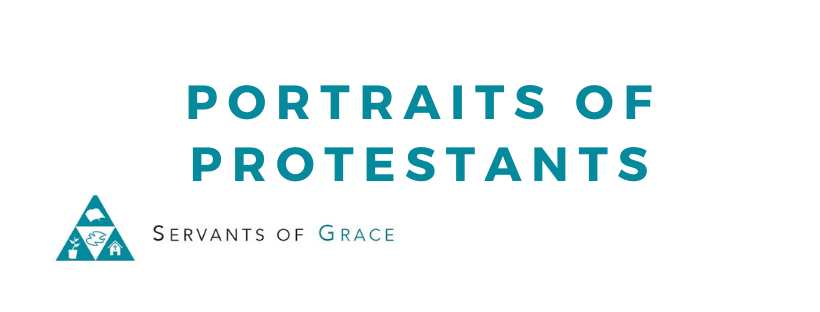⏱️ Estimated Reading Time: 4 min read
A Brief Introduction to the Life and Ministry of John Calvin from Crossway on Vimeo.
God Changes Calvin’s Plans
When we first meet John Calvin, we find him at the University of Paris, and he’s twelve years old. We sometimes make a big deal about the fact that he was a brilliant savant, but there was actually a law at the time that you had to be at least nine to enter the University of Paris. This was a man whose life was devoted to the gospel.
So there’s Calvin, twelve years old at the University of Paris and studying law. The University of Paris is fascinating because this college was tasked with evaluating the teachings of a radical, heretical monk over in Germany: Martin Luther.
There’s no indication that Calvin was even paying attention to this as a student at law. His interests seemed to be in the humanities, and he planned to be a scholar. But God got ahold of Calvin: as he was going to write in the preface to his Psalms commentary, God subdued his heart and remade it in a teachable frame.
And once Calvin was converted, he turned all that energy—all of that training—toward theology. At this time in France the Reformation had not made inroads. The Roman Catholism of the day was firmly entrenched. He did not have a Frederick the Wise in Germany like Luther did. Calvin needed to flee France—the heat was turned up on him. He wanted to get to Strasbourg, where the Reformation was firmly established. There was a University there, a church there, and Martin Bucer—who was actually converted through listening to Luther in 1518—was there, and Calvin wanted to go and study under him.
But to get there he had to go through Geneva. He intended to merely stay overnight in Geneva, but he got shanghaied—literally—by his friend, William Ferrell. So that overnight stay turned into an almost two-year stay.
Called to Geneva
What’s interesting about Geneva—this is the city where Calvin did not want to go—is that it ended up kicking him out. And so Calvin’s first pastoral stay ended victoriously for him. He was summoned by the church council, and told that he had forty-eight hours to flee the city. So he finally got what he wanted: he got to go to Strasbourg. There, he preached to a refugee congregation of about five hundred French who were there in the city of Strasbourg. There he started writing his first commentary. And there he opened up an academy at Strasbourg to teach theology.
Meanwhile, back in Geneva, the Roman Catholics had descended upon the city in the absence of Calvin, and the city was about to turn and go back to Catholicism. So they decided to send a letter to Calvin, begging him to come back. Calvin said there is no place on earth I’d rather not be than Geneva, but he sensed God’s call on his life, and so he went back to Geneva.
He ended up staying there, Geneva becoming his adopted city. He not only led the church there, but as one biographer of Calvin said, while he lived in Geneva, his heart was turned toward France. And he spent much of his energy training pastors. They’d come from France, study at Geneva, get funded by the citizens of Geneva, and then get sent back into France.
The Fruit of a Life Devoted to the Gospel
Over time, there was a network of thousands of underground churches founded by Calvin’s work there at Geneva. And in the 1550s Calvin’s Geneva sent missionaries all the way to the shores of Brazil.
This was a man whose life was devoted to the gospel, and as he poured his life into pastoral ministry, the city of Geneva was also devoted to the gospel. That’s the life of John Calvin.
This is a guest article by Stephen Nichols author of the Reformation. This post originally appeared on crossway.org; used with permission.




